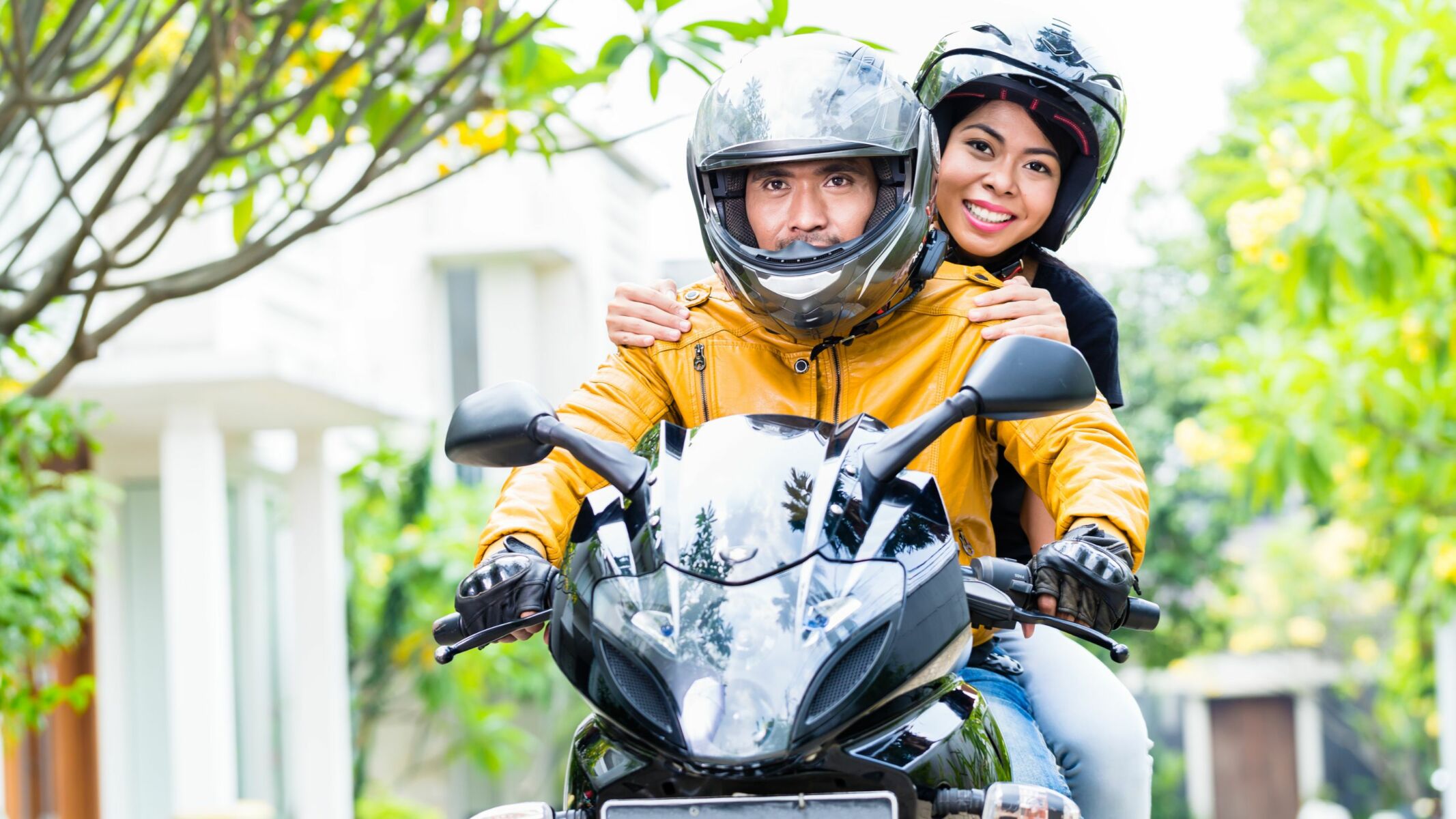Tips for riding motorcycle in Thailand
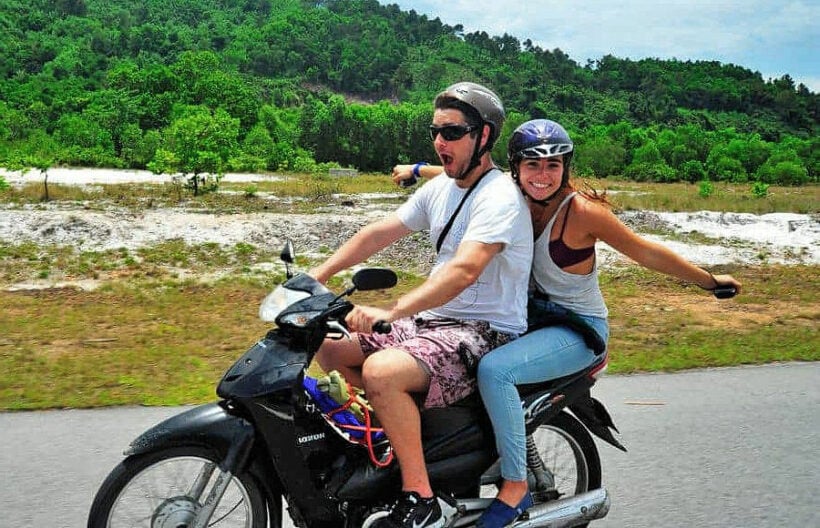
PLEASE NOTE: We’re not recommending that you should ride a motorbike or motorcycle in Thailand but, if you do, these tips will help…
2. Keep your motorbike in good condition
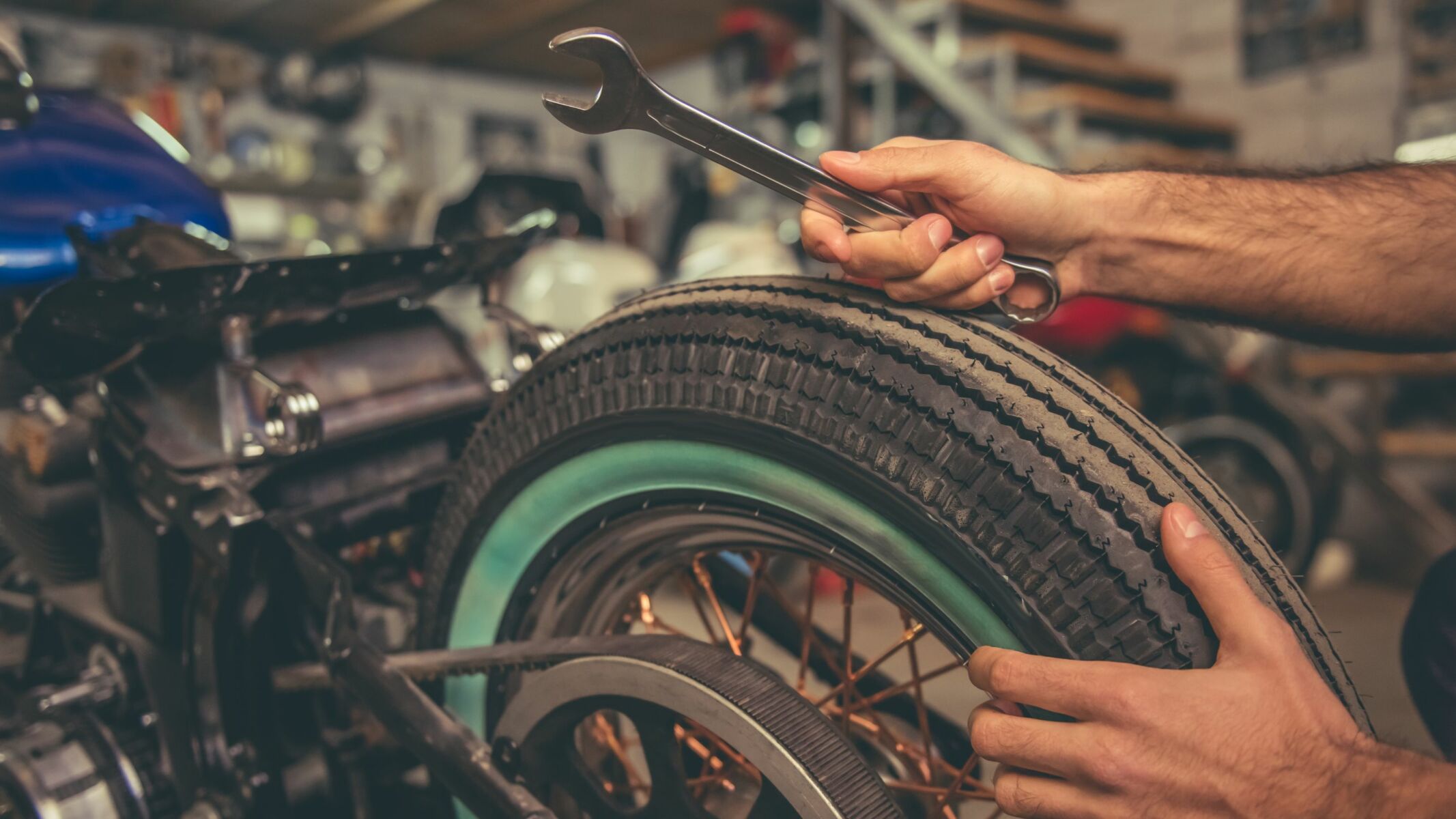
To keep your motorbike running smoothly in Thailand, regular maintenance is key. Modern Thai bikes are tough, but they last longer and perform better if you follow the service schedule and change the oil every few months. Even though these 110-125cc bikes are affordable and mostly made locally, taking care of them helps ensure they stay reliable.
Besides changing the oil, check the tyre pressure regularly—Thai roads can wear down tyres quickly. Keep an eye on the brakes too; they usually last well but still need occasional checks. Luckily, you’ll find many small repair shops along main roads, just like convenience stores. They’re quick, inexpensive, and often have parts readily available.
Whenever you get your oil changed, ask the service person to check your brakes, tyres, and ensure all nuts and bolts are tight. Don’t forget to make sure your lights and indicators are working properly. With a little upkeep, your bike will stay in great shape, and even newer electric models are reliable and cost-effective.
3. Make sure you have a proper license
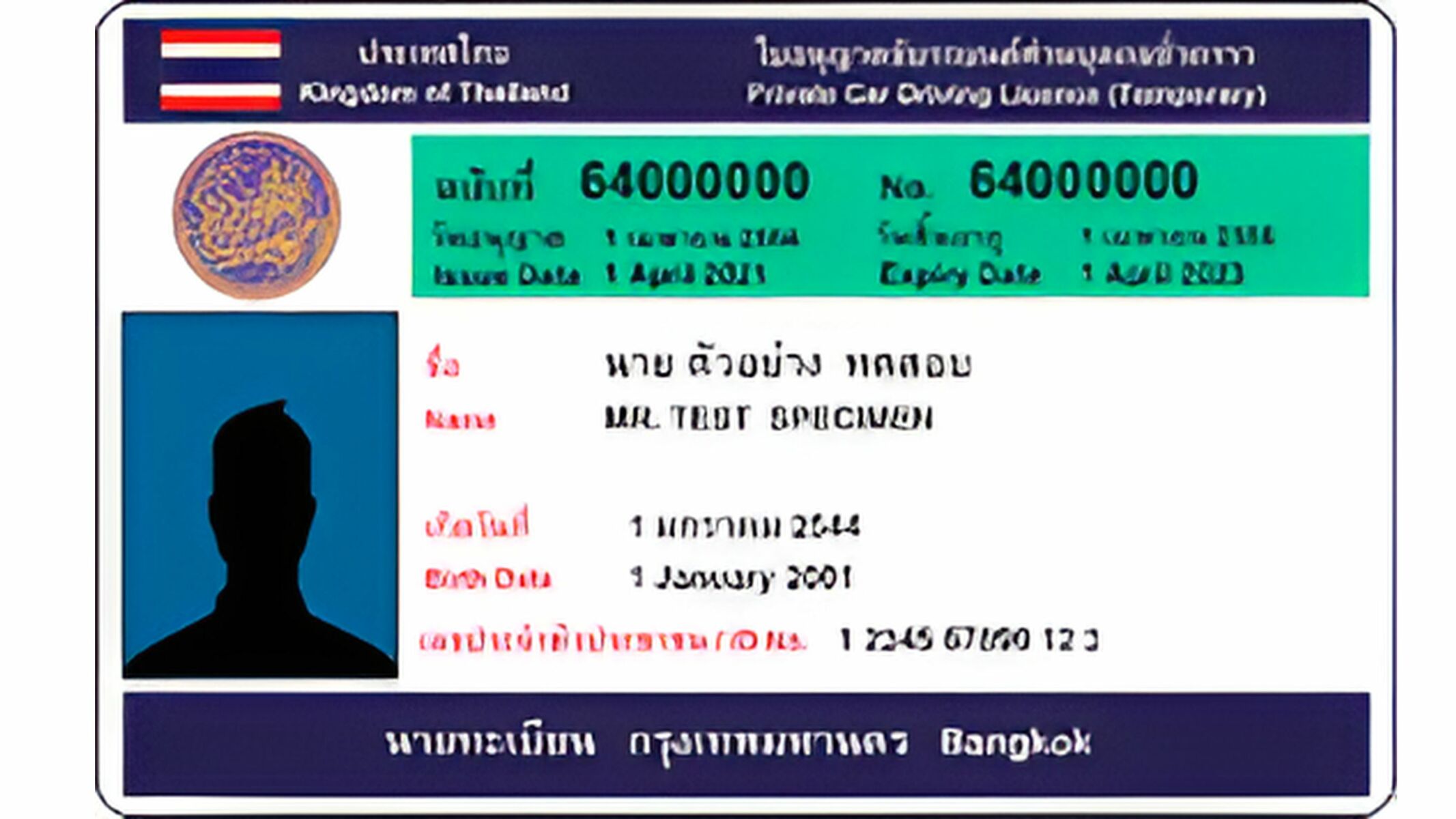
Your car license from your home country won’t work for riding a motorcycle in Thailand, and an International Driver’s License for cars isn’t sufficient either. To ride legally, you need a Thai motorcycle license. It might not seem urgent now, but if you get into an accident, having the proper license is crucial to avoid legal trouble.
Make sure you get your license from the Land Transport Office, not from a quick fix on Khao San Road for 500 baht.Tourists can usually rent bikes with just a passport and deposit, but don’t count on the rental shop’s insurance—it often won’t cover you. Check your own health and travel insurance to ensure you’re protected.
(Here’s some info about getting a motorbike license in Bangkok, the same applies at the Land Transport Offices in most Thai cities).
4. Check your travel and health insurance

Each week, The Thaiger hears from tourists who find themselves with huge hospital bills and insurance companies refusing to pay because they lacked a proper driver’s license—or had no insurance at all. Even if you have travel or health insurance, be sure to read the fine print, as some policies exclude coverage for motorbike accidents in Thailand.
In 10 years of driving on Thai roads, I’ve had one fall. It winded me badly and I got abrasions on my ankle and knee. But people ran to my assistance and helped me up. I didn’t need to go to the hospital but I was grateful, lying in the middle of the road gasping for breath, that I knew I had good health insurance and a proper license.
(The fine print on your insurance, different countries’ licences, and the policeman that shows up at your accident will all play a part in how your accident will play out. The ONLY sure way you can prove your legal ability to drive on a Thai road is with a Thai motorbike license)
5. Driving is different in Thailand
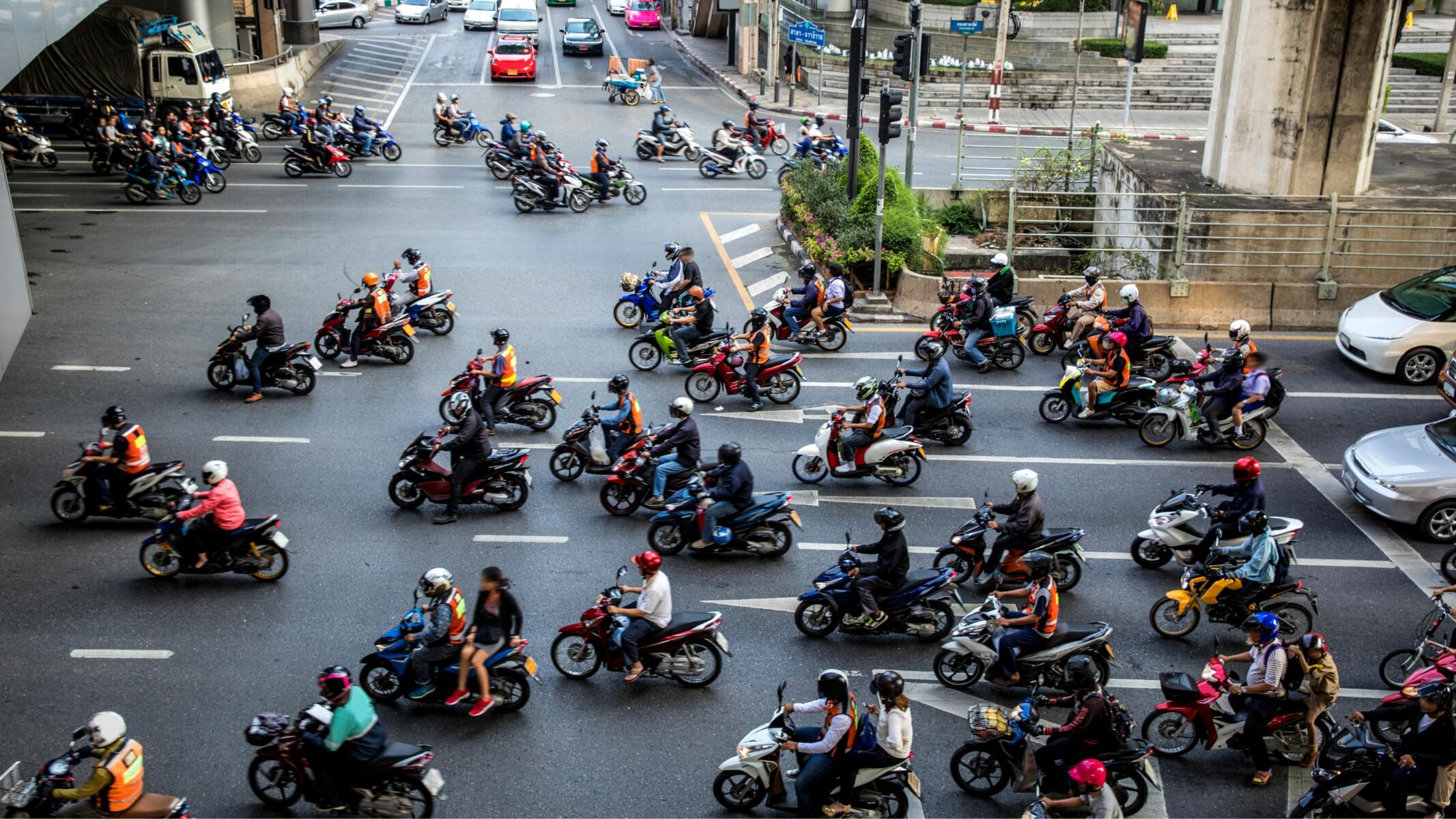
Driving in Thailand is quite different from Western countries. Even though traffic moves on the left side of the road, Thai drivers have a more relaxed and flowing style. They often drive with the traffic flow rather than sticking strictly to rules, so personal space isn’t as important, and drivers may cut in front of each other.
Horns are used less in Thailand compared to places like Vietnam. Instead of honking in frustration, drivers use their horns to signal their intentions. Tailgating and sudden lane changes are common, but road rage is rare. To stay safe, keep an eye out for unexpected moves from other drivers and pedestrians, and be ready to adapt to the local driving style.
6. Green lights mean GO. Red lights also mean GO sometimes.
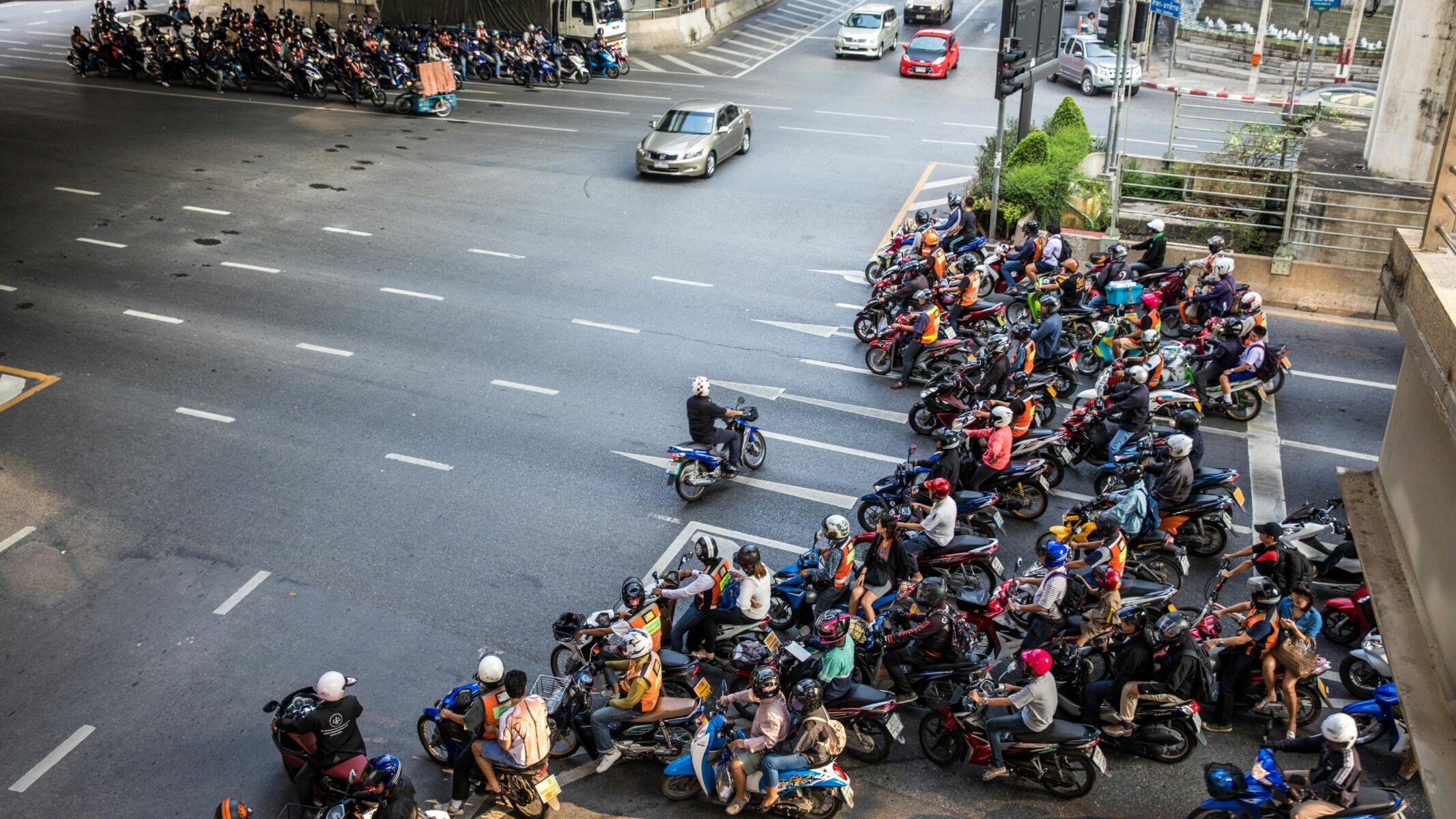
You’ll see what we mean. Don’t even think about trying it. It will either get you fined or dead. Suffice to say, a few ‘enthusiastic’ Thai motorcyclists won’t wait until the green light. Even the red light won’t stop some of them from going straight through the intersection.
Many infections will have a countdown before the green light and by the time it gets below 5 seconds, the front row of bikes will already be getting on with their journey.
7. Have a practice
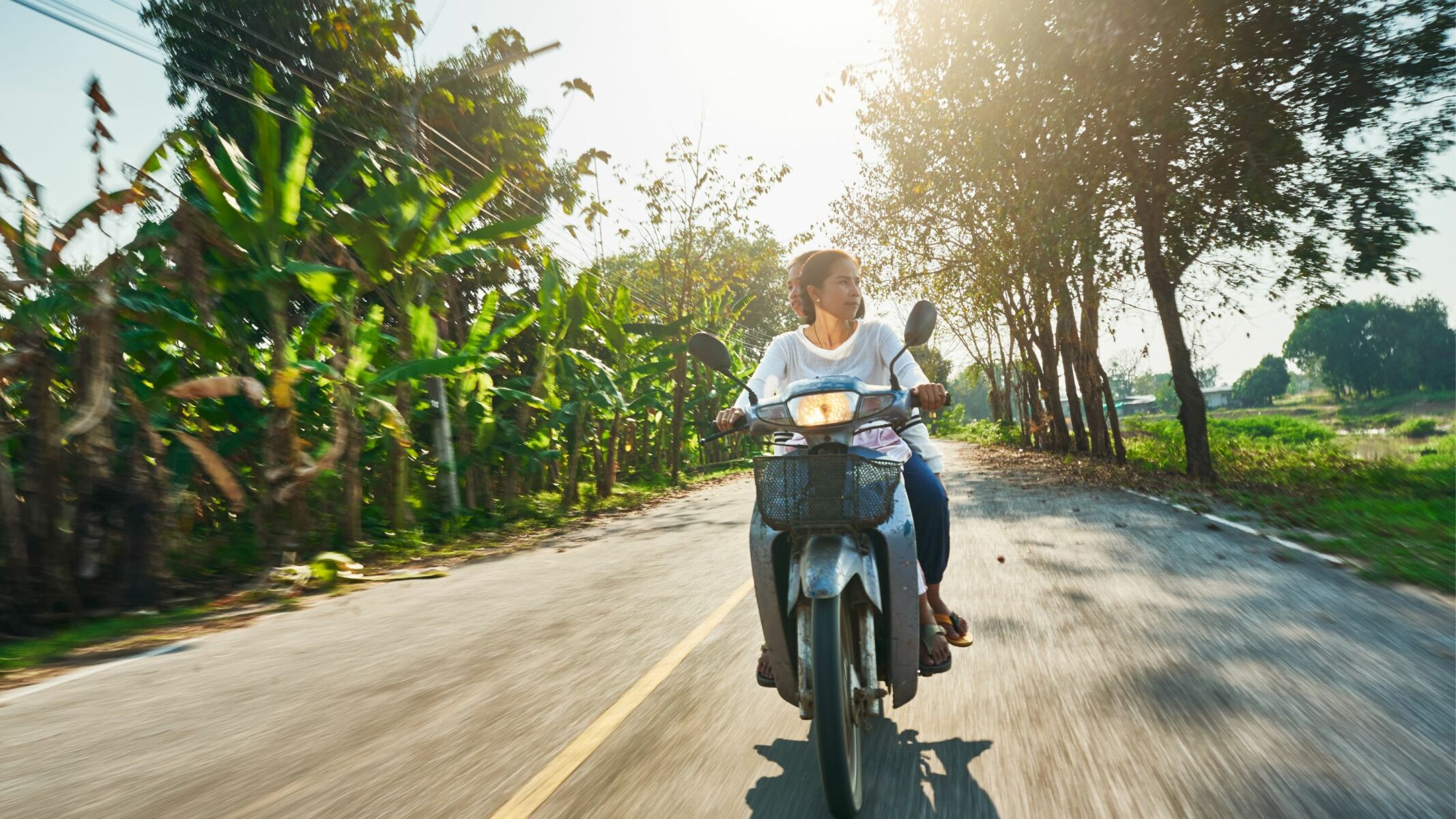
If you’re new to riding a motorcycle or new to riding in Thailand, start slowly. Avoid jumping straight into busy traffic. Instead, practice in a quieter area to get used to how your motorcycle handles and how Thai traffic flows.
Find an empty road where you can become comfortable with your bike. Stick to the left side, even though some Thai drivers may mix with larger vehicles. Build your confidence and get used to navigating traffic in a quieter area before you take on busier roads.
8. Beware pot holes
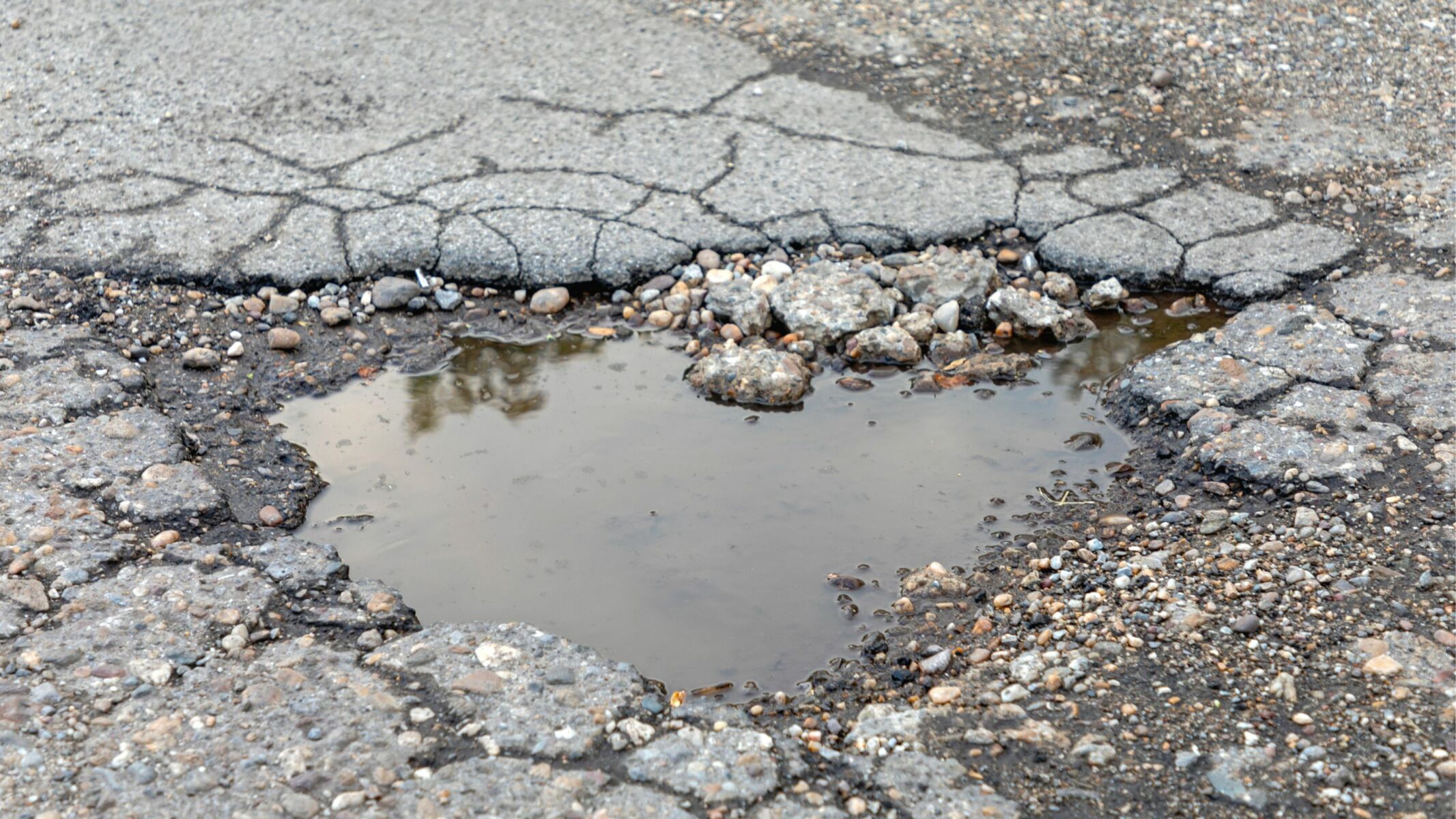
Roads in Thailand have gotten better over the past decade, but pot holes can still appear unexpectedly. Keeping a safe distance from the car in front gives you a chance to spot and avoid these potholes before you drive into one.
While car tyres might roll over these deep holes without much trouble, a motorcycle can suddenly stop if it hits one, causing you to go over the handlebars. You’ll quickly understand why they call it a “shock absorber” if you hit a pothole!
9. If you’re not sure, don’t
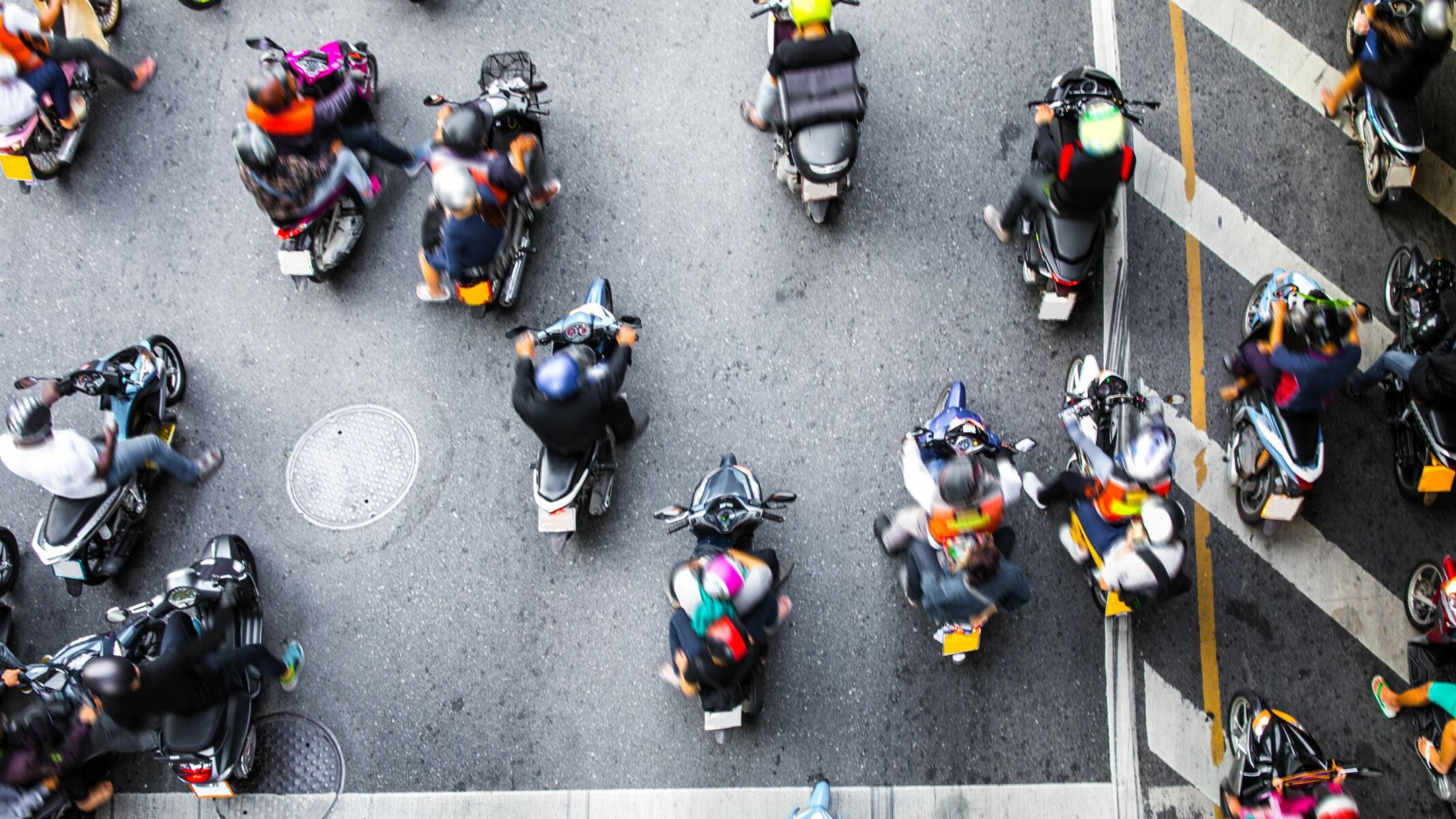
Never ridden a motorbike? Didn’t ride a motorbike in your own country? Well, there are already two good reasons not to try it for your first time in Thailand on a busy road.
Riding a motorcycle here can be challenging, even for experienced drivers. Instead, consider other options for getting around. Motorbike taxi drivers, known as ‘win’ drivers, can take you to your destination for a low price, especially in busy areas. Additionally, ride-hailing services like Grab and Bolt offer convenient options for bikes and cars.
10. Police will often arbitrate on the spot at an accident

If you’re involved in a motorcycle accident in Thailand and it’s your fault, you’ll likely need to pay for the damage. The police usually arrive at the scene quickly and often decide who is at fault and how much should be paid. There’s a belief that Thai police always side with locals, but that’s not always true. If you’re in the wrong, you’re still responsible.
If you feel like you’re being unfairly treated, contact the Tourist Police or your consulate before agreeing to pay anyone. Avoid arguing with local police or demanding to speak to higher authorities, as this can make things more complicated.
Stay calm and patient, and follow the process. Handling the situation politely is usually cheaper and less stressful than dragging it out or going to court. Remember, you’re in a foreign country where things are done differently.
Despite everything else, getting around Thailand on a motorbike or motorcycle will give you a unique perspective. It can be safe, cheap, reliable, and convenient. After reading all this you’re in a much better situation to tackle your motorcycle experience in Thailand.
Latest Thailand News
Follow The Thaiger on Google News:

